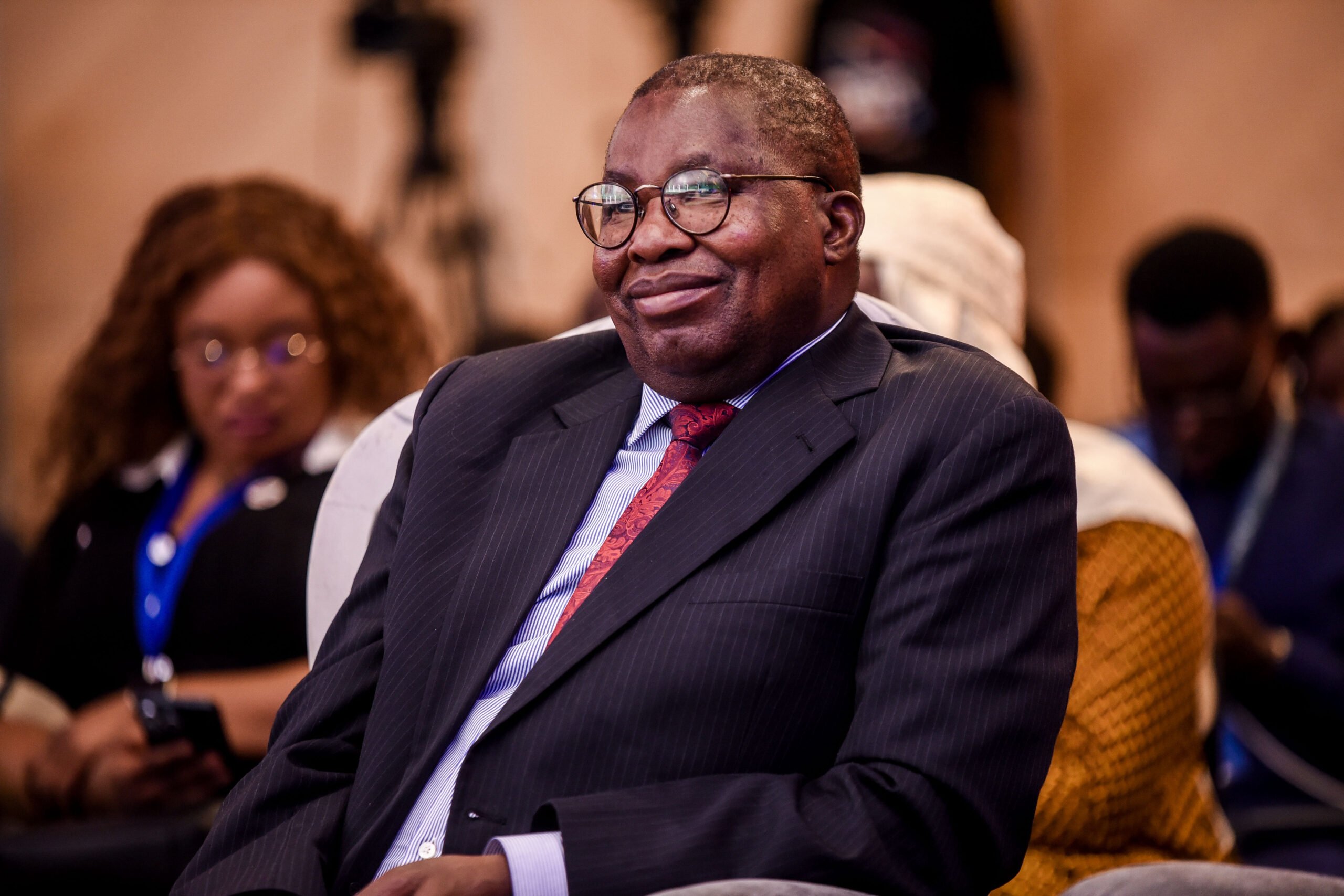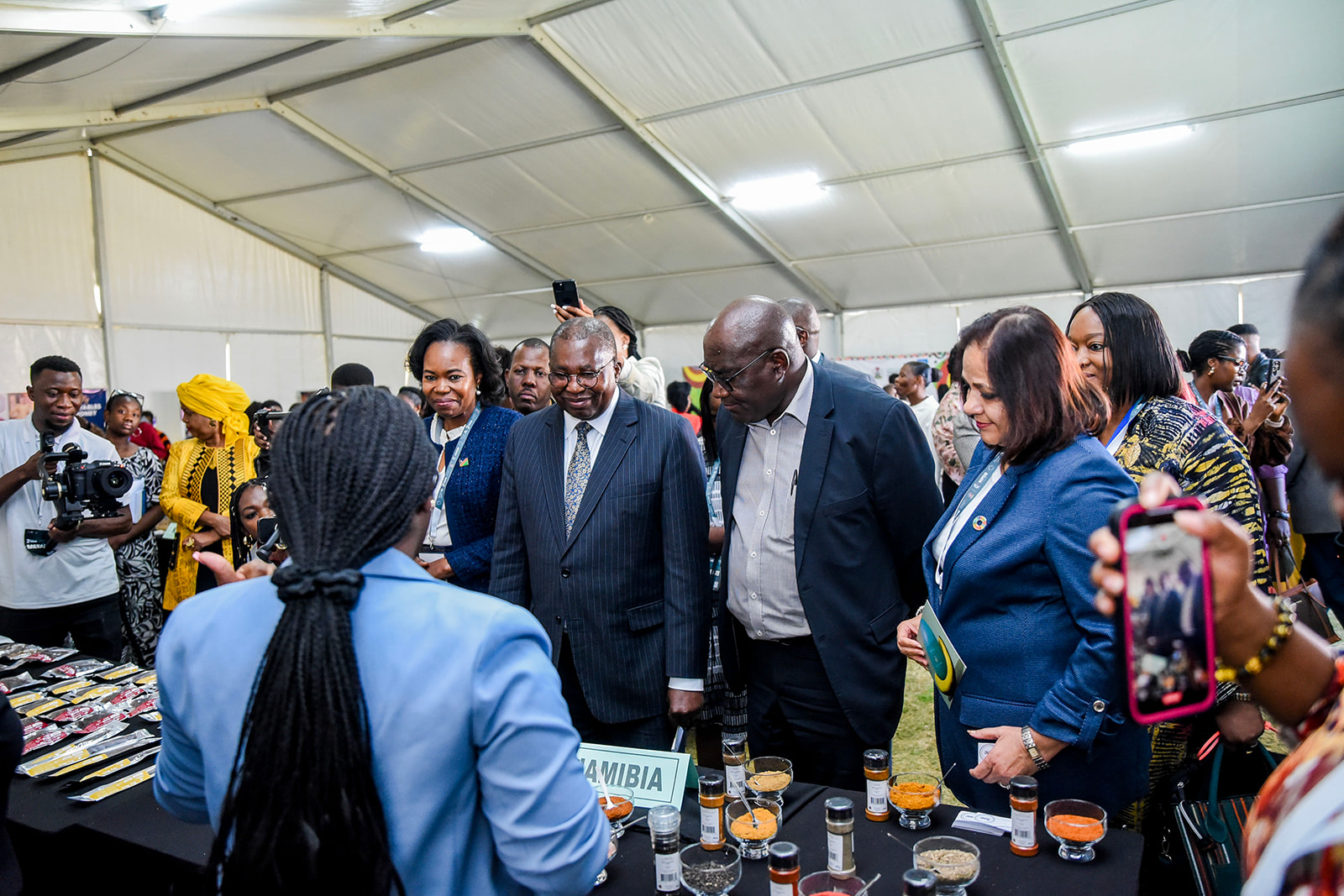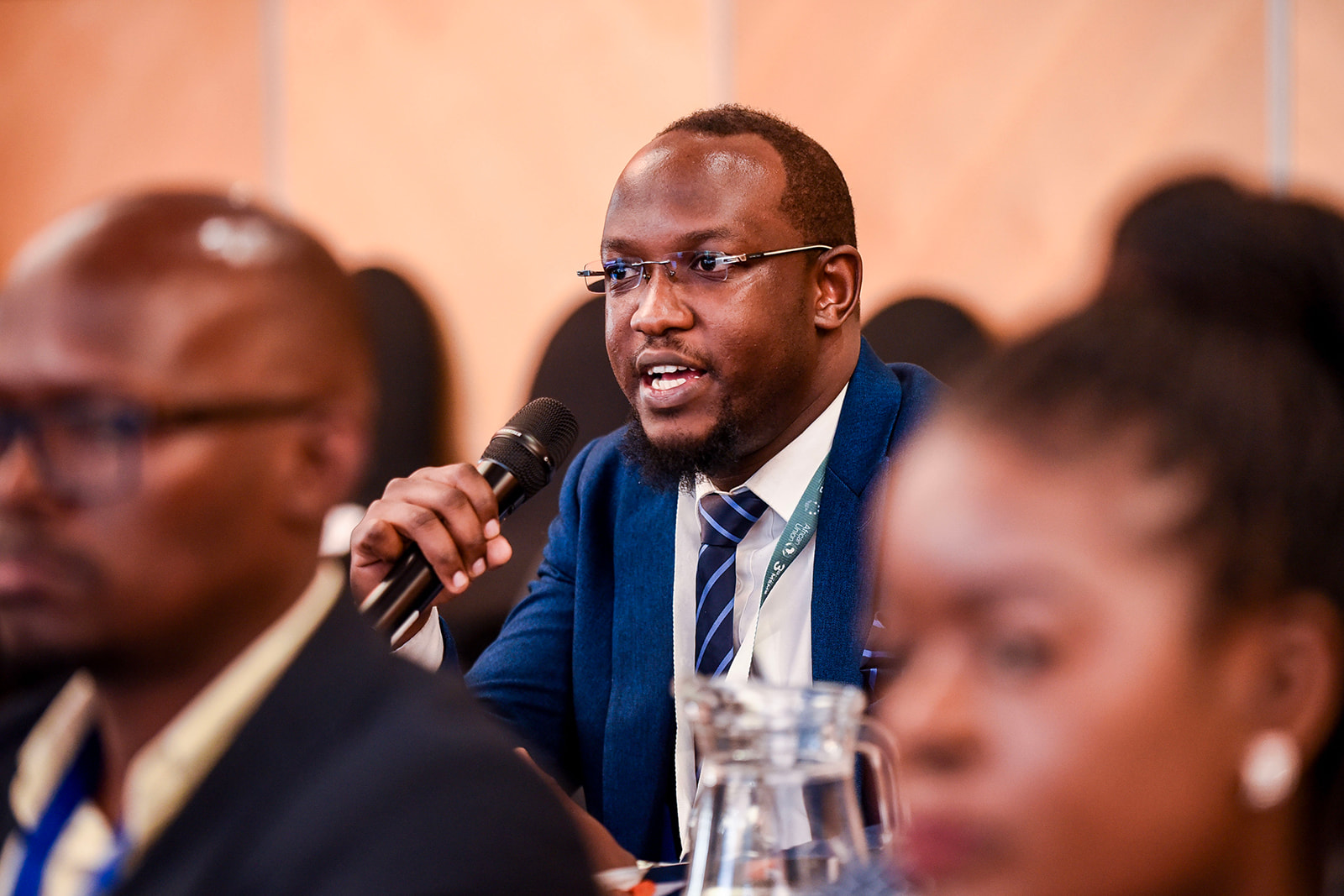At the recently concluded 3rd Annual MSMEs Forum in Windhoek, Namibia, Zuba Network spoke with Ambassador Albert Muchanga, African Union Commissioner for Economic Development, Trade, Industry, and Minerals, on a wide range of issues, pertaining to the the growth and readiness of Africa’s Micro, Small and Medium Enterprises for the Africa Continental Free Trade Area, billed the the world’s largest free trade zone.
Africa is a continent currently brimming with entrepreneurial spirit, with millions of micro, small, and medium enterprises (MSMEs) driving innovation, providing employment, and contributing to economies, among others. During the 3rd Annual African Union MSME Forum, a historic milestone was reached with the official definition of Africa’s MSMEs being launched, alongside platforms like the Enterprise Africa Network. These developments signal a renewed effort to support these businesses to thrive under the Africa Continental Free Trade Area (AfCFTA).
However, despite the optimism surrounding the AfCFTA and its potential to create a $3.4 trillion market, MSMEs still face significant hurdles.

One of the most pressing issues is the lack of entrepreneurial capacity. While many Africans have the passion to start businesses, Ambassador Muchanga notes that critical knowledge gaps hinder their progress, leaving many to operate informally. According to the International Finance Corporation (IFC), about 80% of MSMEs in Africa remain informal, further exacerbating challenges related to accessing finance and market opportunities.
“They have no idea of the importance of keeping books of account, filing monthly tax returns if they’re not tax-exempt, or complying with labor regulations. When employing people, for example, entrepreneurs must provide retirement and health benefits,” Muchanga explains. He emphasizes that entrepreneurship is more than having a good idea or initial capital.
Muchanga calls for governments to play an active role in building the capacity of entrepreneurs. “Capacity building in that direction is very, very important,” he stresses.
Innovation and Patenting: A Costly Hurdle
Africa is home to some of the world’s most innovative entrepreneurs, but despite the importance of intellectual property rights, the continent lags behind in patent filings. In 2019, Africa accounted for only 0.5% of the world’s patent applications, compared to 66.8% for Asia, 19% for North America, and 10.9% for Europe, according to UN statistics. “Many entrepreneurs complain that they cannot go to the patent office because it’s very costly,” Muchanga says.
Patenting ideas is essential for protecting intellectual property and can serve as collateral when seeking financing. “If you patent your ideas, it’s a source of value for the future. You can use it to gain access to finance because investors know that the idea has huge growth potential,” he adds.
Muchanga calls for a collective solution. “Governments and SMEs need to come together to figure out how to make patenting affordable. If you don’t patent, someone else can take your idea, and you lose out as an entrepreneur.”

The Financial Gap: A Major Obstacle for African Entrepreneurs
Access to affordable financing is another major challenge MSMEs face. According to World Bank estimates, the finance gap for MSMEs in sub-Saharan Africa stands at over $330 billion, with female entrepreneurs facing a gap exceeding $50 billion.
“In many cases, our entrepreneurs find it very difficult to access finance because it’s very costly—sometimes as high as 27%,” Muchanga acknowledges. Such exorbitant interest rates stifle the growth of MSMEs, especially for women-led businesses that already face structural barriers to financing.
“We are advocating for governments to create mechanisms that facilitate access to low-interest or even zero-interest finance if feasible, to help MSMEs overcome these challenges,” Muchanga says.
Establishing Networks and Collaboration: The Path to Collective Growth
A 2022 World Bank report estimates that AfCFTA will connect a market of 1.3 billion people across 55 countries, with a combined GDP valued at $3.4 trillion. While this presents immense opportunity for African MSMEs to generate more revenue, Muchanga points out a potential challenge. “There is a need for small and medium enterprises to build networks. Sometimes the market is very large, and on their own, MSMEs cannot meet the demand,” he explains.
To bridge this gap, Muchanga emphasizes the importance of collaboration. He shares an example of Tanzanian cashew nut exporters who, struggling to meet U.S. market demand under the African Growth and Opportunity Act (AGOA), partnered with others to aggregate efforts and expand their supply chain. This collaboration helped them scale their businesses and compete on a global level. “When enterprises cluster together, they develop a collaborative spirit that enables them to grow,” Muchanga adds.
The AfCFTA: A Call for Private Sector Collaboration
Ambassador Muchanga expressed concern that they haven’t received enough feedback from the private sector regarding the AfCFTA market. “In many of my statements, I’ve challenged the business sector across Africa. We created the African Continental Free Trade Area, a market of 1.4 billion people, and it’s growing. So far, we have not received any statements from the private sector, big or small, welcoming this market and committing to increase investments as a result,” he says.
Muchanga stresses that while the market has been created, a collective effort is now required to ensure its goals are realized. The AfCFTA is expected to boost Africa’s annual GDP by $450 billion and create employment opportunities, among other benefits.
“We are waiting for the private sector to step up and say, ‘We appreciate the market space you’ve created, and this is how we plan to make use of it,’” he adds.

Looking Ahead: What’s Next for Africa’s MSMEs?
The forum also included a design thinking workshop, which led to a draft declaration presented by Precious Ezinne Agaecheta, the private sector development expert at the African Union. The draft declaration encapsulated many of the challenges MSMEs face and proposed solutions.
“All these issues were raised during the forum’s deliberations,” Muchanga noted. “We’re going to take them up with governments, financiers, and entrepreneurs themselves,” he assured.
While the road to tapping into the AfCFTA potential remains bumpy for Africa’s MSMEs, Ambassador Muchanga believes, with strategic partnerships, government support, and capacity building, they have the potential to thrive and become major players in the global market.

